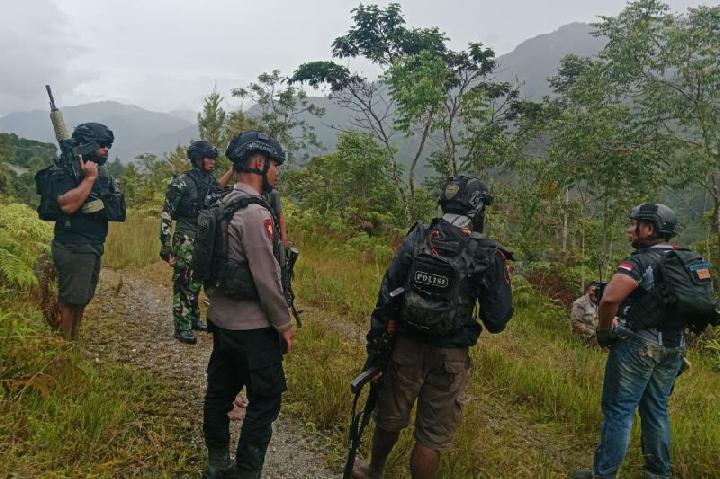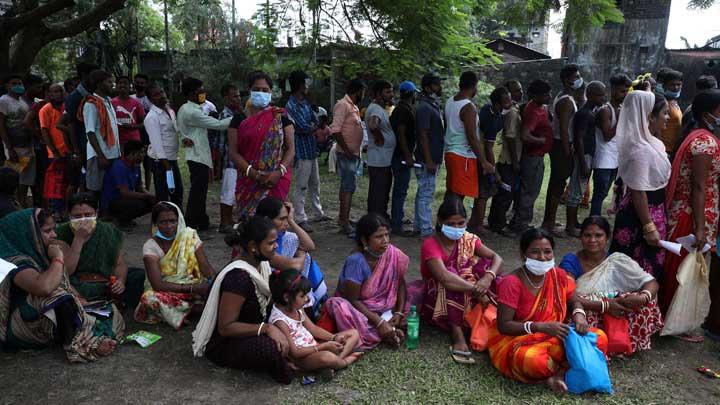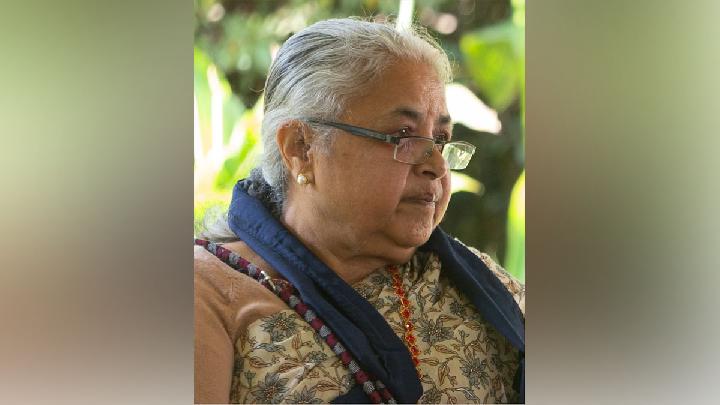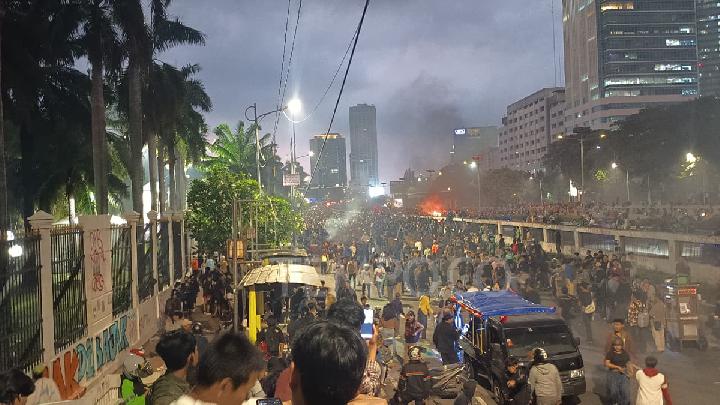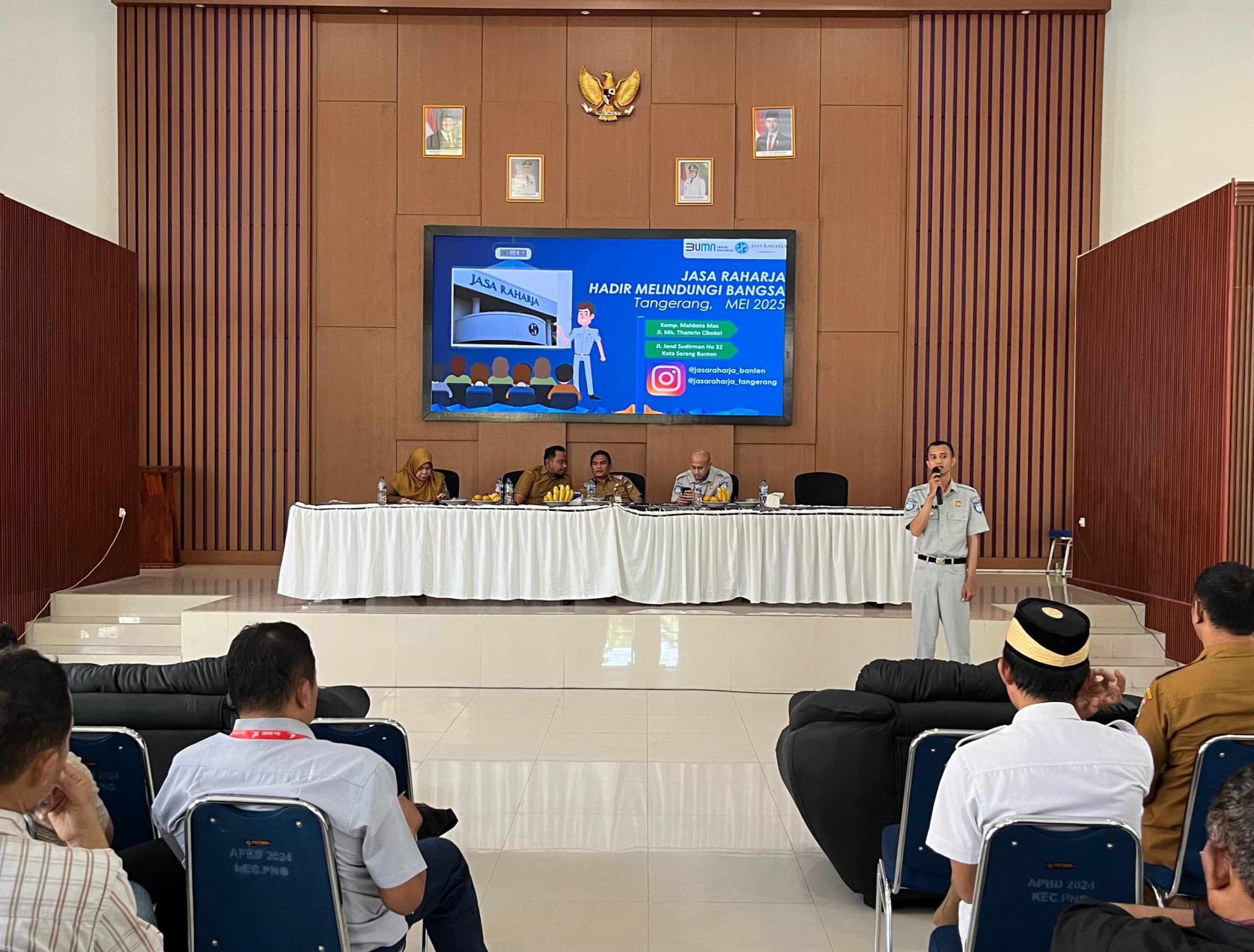TEMPO.CO, Jakarta - Several bakeries supported by the UN World Food Program (WFP) resumed operations in southern Gaza on Thursday, after a small amount of flour entered the besieged Palestinian enclave.
“Flour was allowed into Gaza on Wednesday, and we began to work immediately amid the current starvation in the area," said Ahmed al-Benna, a bakery owner, to Anadolu as flatbread passed through a conveyor belt behind him in his Deir Al-Balah base on Thursday, May 22.
Bakeries across Gaza's south have begun firing up ovens that were previously shut down for two months, added Benna. "God willing, bakeries in northern Gaza will soon resume work."
Benna's bakery had been closed for two months since Israel shut all Gaza crossings on March 2 and banned the entry of flour and humanitarian aid into the territory.
However, Palestinians in northern Gaza are still struggling to survive amid the grips of starvation, as no flour has reached the area so far.
Benna said WFP would be responsible for distributing bread to Palestinian civilians, without explaining the mechanism.
On April 6, WFP announced the closure of all 25 bakeries supported by the agency due to fuel and flour shortages. WFP then stated on April 25 that they had exhausted all food stocks used to provide hot meals for Palestinian civilians.
Since March 2, Israel has maintained a tight blockade on Gaza, refusing humanitarian aid and pushing the territory into a famine, which has claimed many lives.
Only 90 aid trucks were reported to be allowed in—a small portion of the humanitarian needs, with most aid being halted at border crossings.
The Gaza Strip requires a minimum of 500 trucks daily to bring urgent aid, medical supplies, and food along with at least 50 fuel trucks. The entry of aid is a life-saving necessity amid an Israel-powered famine in the region.
Flour and other aid began to reach some of the most vulnerable areas in Gaza after Israel allowed a few trucks through, but it was not enough to cover the shortages caused by the 11-week blockade, said Palestinian officials.
Many other trucks are still at the border, and people are still waiting to receive food, amid concerns that desperate crowds will attempt to loot the vehicles upon their arrival, warned the Palestinian Red Crescent.
The Palestinian health minister said 29 children and elderly people have died from hunger-related causes in Gaza in recent days, and thousands are at risk.
Israel has repeatedly defended its control over aid in Gaza, saying reports from aid groups about conditions like famine were exaggerated and denying accusations of causing starvation.
Bread distribution began on Thursday, Amjad Al-Shawa, director of the Palestinian NGO Network in Gaza, was quoted as saying by Arab News. He said only 90 trucks had made it through.
"During the ceasefire, 600 trucks used to enter every day, which means that the current quantity is a drop in the ocean, nothing," he said.
Bakeries supported by WFP will produce the bread, and the agency staff will distribute it—a more controlled system than before when the bakeries sold it directly to the public at low prices, he added.
President of the Palestinian Red Crescent, Younis Al-Khatib, said many trucks were still at the Kerem Shalom crossing and there was a risk of violence and looting when the trucks arrived.
“No civilian has received anything yet,” he said. “It’s very hard to hide the rush or the looting that will happen.”
On Wednesday night, young boys and men gathered after one vehicle arrived in the southern Gaza town of Khan Younis, but remained still as men, some armed, watched the unloading of bags.
The International Committee of the Red Cross (ICRC) said it had sent one truck of medical supplies to replenish its field hospitals in Rafah, but more was needed.
“A trickle of trucks is woefully inadequate. Only the rapid, unimpeded, and sustained flow of aid can begin to address the full scope of needs on the ground,” the organization added in a statement.
Nearly 2.4 million people in Gaza are entirely dependent on humanitarian aid, according to World Bank data.
According to the UN agency for Palestinian refugees (UNRWA), hundreds of thousands of Palestinians only eat once every two or three days amid Israel's crippling blockade.
Refusing international calls for a ceasefire, the Israeli army has carried out brutal attacks on Gaza since October 2023, killing nearly 53,500 Palestinian civilians, most of whom are women and children.
Last November, the International Criminal Court (ICC) issued arrest warrants for Israeli Prime Minister Benjamin Netanyahu and former Defense Minister Yoav Gallant for war crimes and crimes against humanity in Gaza.
Israel also faces a genocide case at the International Court of Justice (ICJ) for its war in the enclave.
Editor’s Choice: EU and UK Stances on Israel's Gaza Aggression
Click here to get the latest news updates from Tempo on Google News









